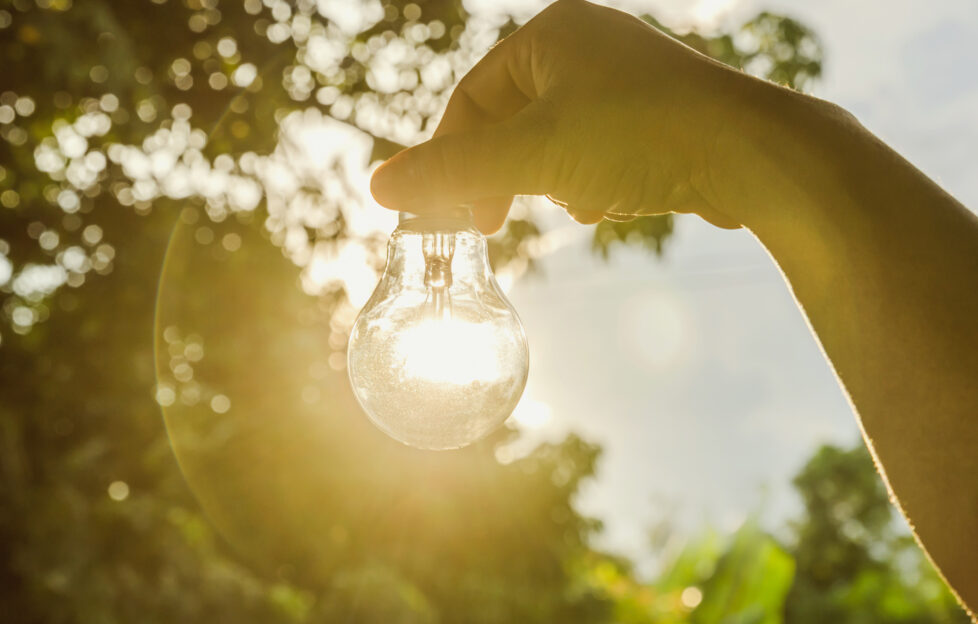 Shutterstock / lovelyday12©
Shutterstock / lovelyday12©With the UK aiming to reach net-zero carbon emissions by 2050, everyone from homeowners to private companies to government agencies are exploring ways to make the most of clean energy.
With our homes responsible for around 19 per cent of the nation’s total carbon emissions, there’s plenty to do.
The energy we use
To reach the nationwide target of an 80 per cent reduction in carbon dioxide by 2030, households must only produce 4.5 tonnes of carbon dioxide, which is a reduction of 65 per cent compared to 1990.
So, what can be done to further decrease home heating emissions?
Some 1.1 million homes in the UK use domestic heating oil to keep homes warm. You’re likely to find these homes in rural and off-grid areas.
Oil heating has a significant environmental impact.
It emits 20% more CO2 than the most common alternative option, LPG, which is recognised as a more efficient and affordable solution than oil to reduce the environmental impact of home energy.
For rural homes, an oil to liquid gas conversion can help reduce emissions. Liquified petroleum gas (LPG) has the lowest carbon dioxide emissions of any conventional off-grid fossil fuel.
The energy we save
Finding suitable fuel alternatives to heat our homes is key to reducing our environmental impact.
But we also need to consider how we can save energy, too. Some simple home improvements can help.
Waste water heat recovery system
A waste water heat recovery system (WWHRS) can preserve some energy in your house that would otherwise go to waste.
For example, a WWHRS extracts about 60 per cent of the heat from waste water, reducing the work of your boiler to heat your home.
Insulation
Even simple insulation in your home can massively reduce heat and energy waste.
Consider where heat can escape — floors, doors, windows, and walls are all culprits. Using insulation around your house, under floorboards, and in the loft can help reduce wasted heat.
Insulation can lower your environmental impact, and save you money .
Smart thermostats
As our homes become smarter, so can our energy consumption.
With the introduction of smart thermostats, a homeowner can control their energy usage from their smartphone, no matter how far away they are from their home.
This means that users can delay their heating coming on if they are going to be late back, for example. This can reduce how much energy we waste in the long run.
Plus, some smart thermostats can detect potential energy-wasting issues, such as draughts, meaning these can be addressed to further boost energy efficiency.
We all need to do our bit to help the world become a more environmentally friendly place. This journey starts at home.
Reducing our energy consumption and emissions through using cleaner fuels or efficient energy-saving installations is a good first step!
For more fascinating features from “The People’s Friend”, click here.




